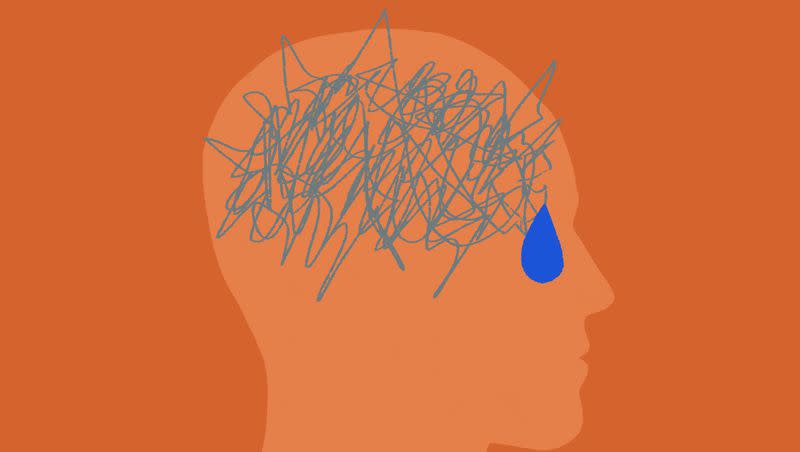The signs of chronic stress — and how to tell if you have it

You can have a case of nerves. Or the stress from an acute crisis. But chronic stress, which can drag on and eventually lead to health challenges that might become chronic disease, is different and especially worrisome.
The American Psychological Association says chronic stress can be “debilitating and overwhelming.”
“Chronic stress, a long-term form of stress, derives from unending feelings of despair/hopelessness, as a result of factors such as poverty, family dysfunction, feelings of helplessness and/or traumatic early childhood experience,” an association fact sheet says. It can also result from acute stress that won’t let go, like the impact of divorce or receiving a serious health diagnosis.
Chronic stress itself is a risk factor for heart disease, obesity, diabetes, depression, cognitive impairment, and inflammatory and autoimmune disorders. It can raise blood pressure, create digestive problems and give you headaches. It can even lead to stroke and also raises the risk of age-related diseases, including cognitive problems, experts warn.
A study in the journal Nature says the digestive problems from chronic stress are directly related to “chemical cues in the brain” that talk to the gut nerve cells, leading to inflammation.
Chronic stress also impairs one’s immune system, making it harder to avoid or defeat illness.
All kinds of stress
National Geographic recently noted there are good acute stresses and bad acute stresses, akin to the difference between arguing with a partner and planning a wedding.
“Any acute stressor, however, will trigger the same physical responses in your body, because your brain can’t tell the difference between fear (evacuating before a hurricane strikes) and excitement (riding a roller coaster),” the article said, paraphrasing Lynn Bufka, a psychologist and associate chief for practice transformation with the American Psychological Association.
Related
Chronic stress sometimes gets overlooked for a long time because symptoms develop slowly, Annette Stanton, distinguished professor and chair of the psychology department at UCLA, said in the article.
“You may feel irritated, exhausted, achy or depressed or have problems concentrating or sleeping, among other symptoms,” per National Geographic.
It’s a good idea, where possible, to handle acute stress so it can’t become chronic. The American Psychological Association says to start by figuring out where the stress comes from so you can address it.
Other advice includes maintaining strong relationships, learning how to walk away if you’re mad and getting enough sleep, because being tired makes it harder to cope.
If the stress is chronic, the association suggests:
Set limits. Look at what makes you feel overwhelmed and “identify the tasks you feel you absolutely must do in order to survive,” then cut back on those that aren’t that crucial.
Reach out to a close friend or relative and ask for advice and support.
Do something for your health, whether it’s sleeping better or getting more exercise, cutting back on caffeine or improving your diet. And stick with it.
Focus on positives, rather than negatives. That includes setting realistic expectations.
Ask for help from a mental health professional if you feel hopeless or overwhelmed.
The American Pharmacists Association says managing stress is key to avoiding burnout.
Its suggestions include moving as much as possible, releasing tension that tends to be held in muscles, using self-soothing touch (like placing your hand gently over your heart as you breathe) and focusing on what you can control rather than things you can’t.
